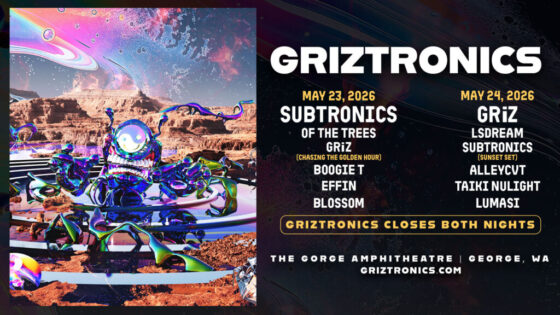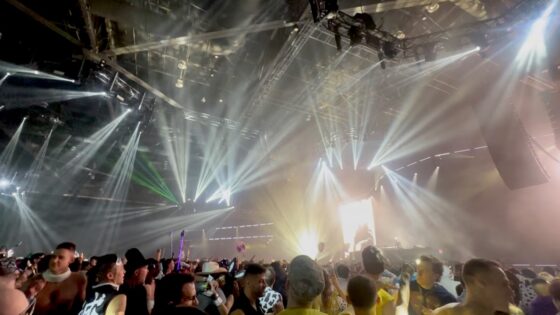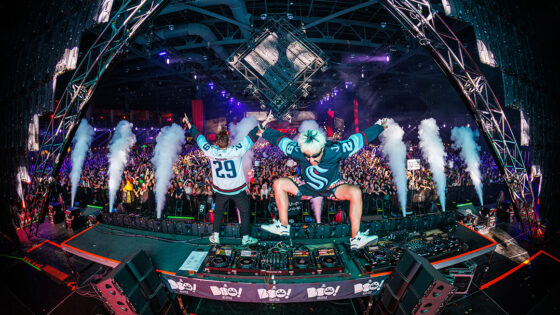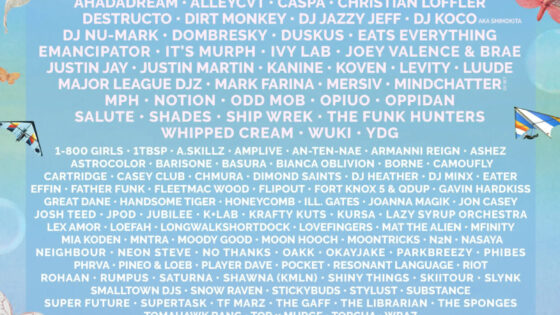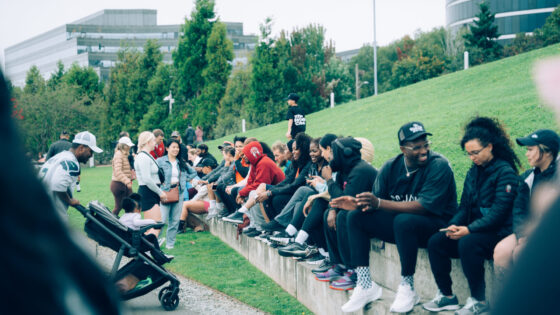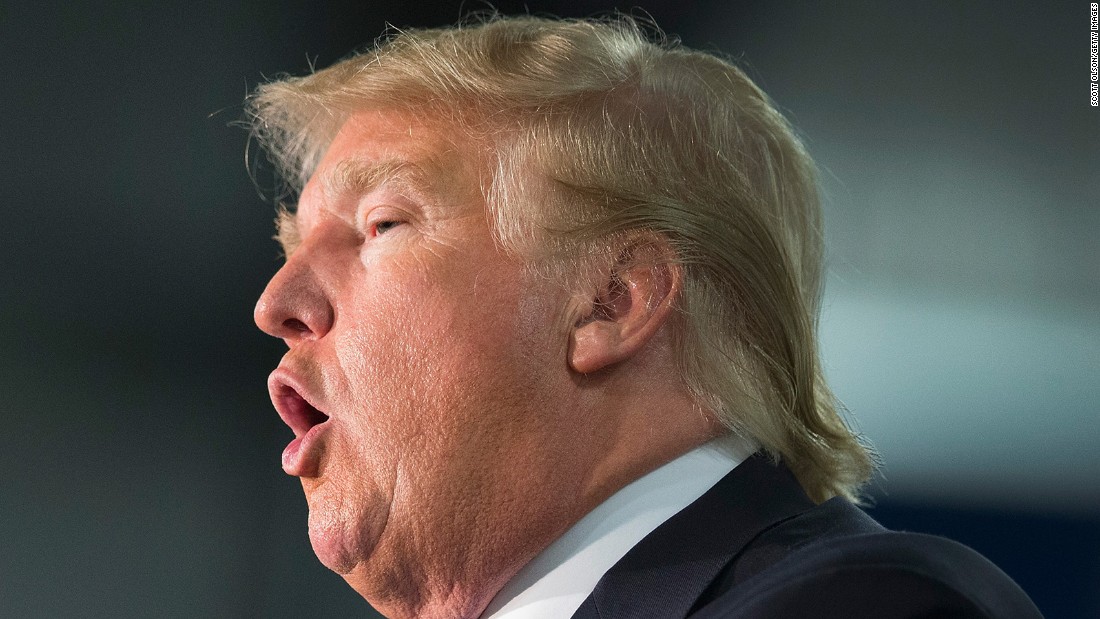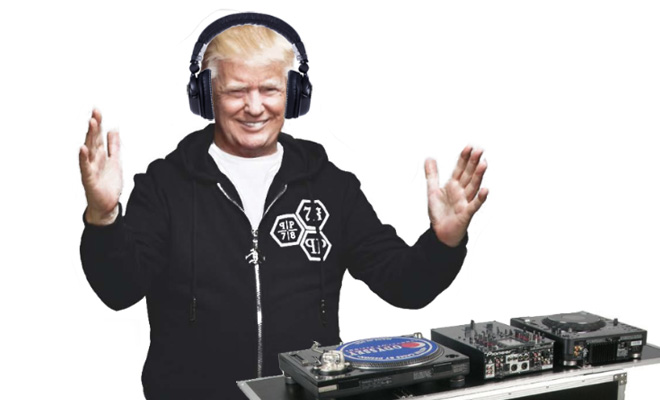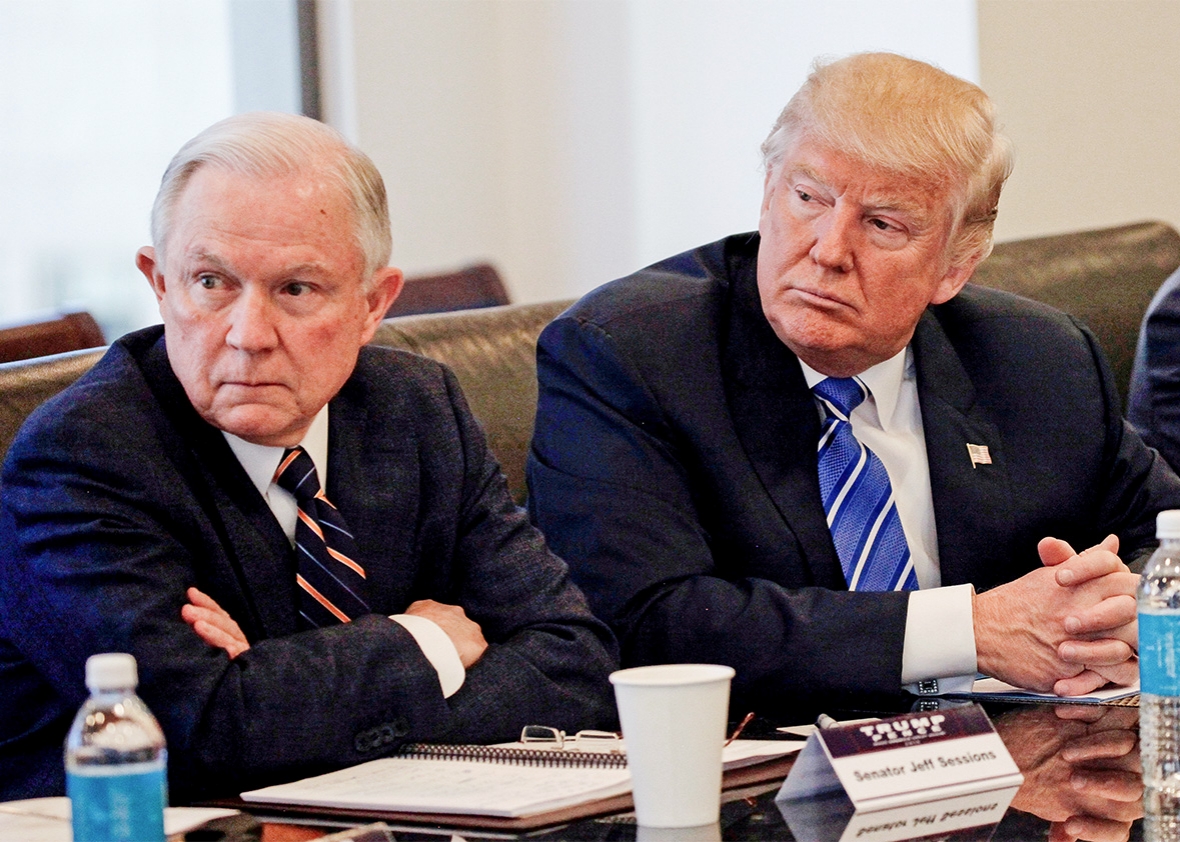It’s been a few weeks since President Donald J. Trump issued the original Executive Order that banned immigration from seven Muslim-majority countries: Syriah, Iran, Iraq, Sudan, Yemen, Libya, and Somalia. The chaos that ensued afterward was nothing short of a nightmare for many.
Families were detained at the airport.. Airports were on lock down after thousands of protesters demanded that these immigrants be allowed in to this country. Even people who have been living and working here for years, who haven’t posed a threat to Americans in their lives, were threatened with deportation. Luckily, thanks to Washington state, the ACLU and other members of the resistance, the original travel ban was stopped by a restraining order, and can’t be used until a full review by the courts deems it Constitutional. But even with the new EO order issued Monday, March 6, that removes Iraq from the ban and make specific exemptions for visa and green card-holders, the effects will still be felt nationwide.
The question we’re asking today: How has this affected or will affect the music industry? We reached out to some experts and industry leaders to see what they believe the implications are. We wanted to know if there were any artists who have already been affected by the ban, how a global industry can operate under such pressures, and how the image of Americans has been affected internationally already.
One of the first people we spoke with is Erin Hinojos, who runs Business Operations with Faction Entertainment. He has already started to see the effects of the Executive Order on his colleagues who are abroad, some of whom are on tour with Guns & Roses. When they were in New Zealand he said, “… they’re experiencing discrimination from locals, just for being American.” He added:
“It seems like the world is looking at America as a joke right now, more so than ever, and it’s creating a harsh stigma about Americans.”
This is just a small example of the image that we are creating for the rest of the world. Rather than being a country of admiration, we are quickly becoming the nation known for discrimination, which can have serious effects on our own citizens’ experiences abroad, doing the jobs they love.
Marc Pospisil, owner of Seattle Trance Alliance and proprietor of The Underground, echoes this sentiment by telling us that his greatest concern is for artists that are touring in the countries listed in the ban. “Would this travel ban start to throw up flags for people who visit those countries?” he asks. So far there isn’t a whole lot of definitive information on that yet.
Diana Chamberlaine, Attorney at The Law Offices of Carol L. Edward & Associates, P.S., says the ban won’t affect artists who travel to the banned counties and then come to the United States. However, there will probably be more intense screening and/or questioning. That being said, there is still a concern that if the courts uphold the Executive Order, what sort of future will this mean for people in general who wish to travel abroad? That’s a question we can’t yet answer.
Important things happen in Pacific Northwest nightlife, and DMNW will send you alerts!
Phillip was raised on so many different genres of music, it has given him a unique perspective into the ever evolving music scene. Trance music began defining his life at the young age of 14, but thoroughly enjoys any type of music equally. He sees the music as an escape from the daily doldrums of life and says music can change a persons life in an instant pulling from his own experiences. His only goal in life is to share wonderful music with people and take electronic music to a higher plain with more accountability and creating a safer environment for his friends.






